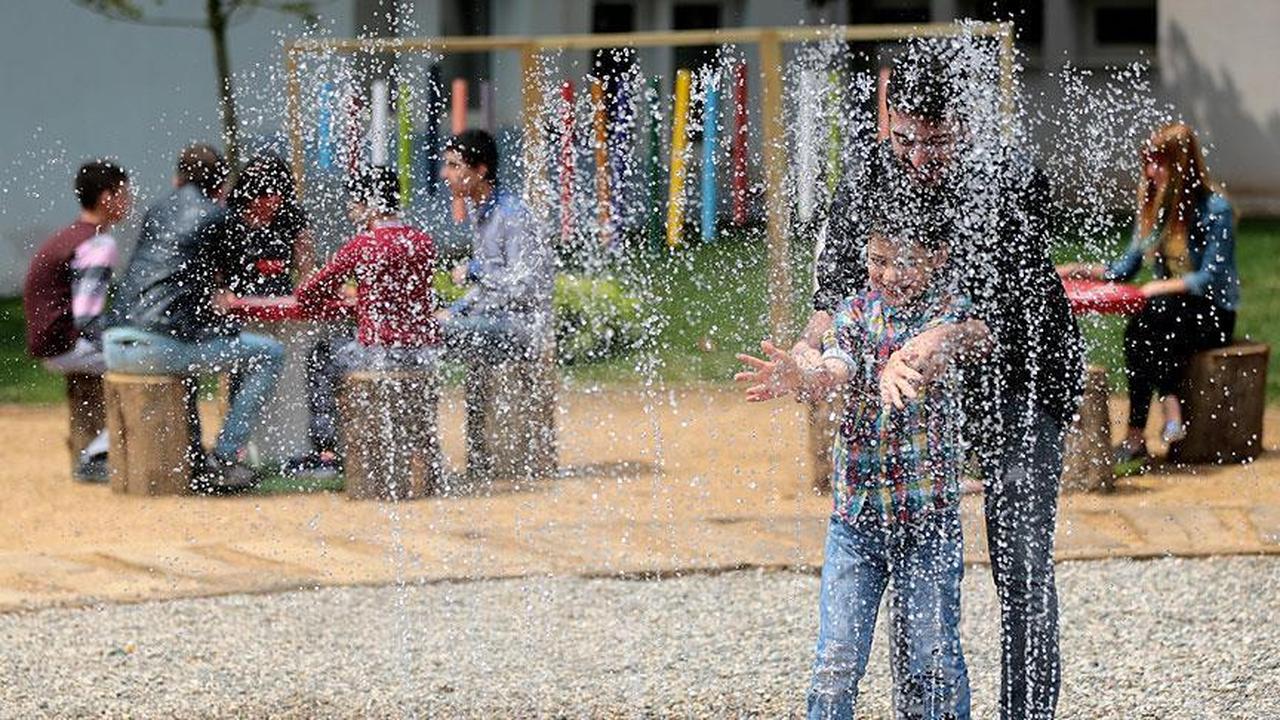
Walk through a bustling park or a local schoolyard in Türkiye, and you might immediately notice the growing presence of children and adults on the autism spectrum.
Autistic individuals and their families are misunderstood, ignored, and face institution-wide shortcomings. Like many other nations in the world, people who are “different” often face discrimination.
Autism spectrum disorder (ASD) leads to difficulties in talking, joining in with people, and acting in ways that are not always accepted by Turkish families.
When being part of a community, autistic people usually find it difficult to be accepted. In Türkiye, a genetic diagnosis like Down syndrome can affect the life of the whole family and cause the parents to feel different within their community.
A lot of neighborhoods tend to pity and doubt neurodivergent kids in this day and age instead of accepting and empathizing with them.
The examples of such events are endless. A mother in Ankara tells her son to skip big weddings so he does not have a meltdown from all the sensory overload. A teacher in Gaziantep remains quiet when noticing that a student is not making eye contact.
A teenager in Izmir is not included in study groups even though she is really good at numbers. This is not just a few cases; it shows a larger problem in society when it comes to the acceptance of autism.
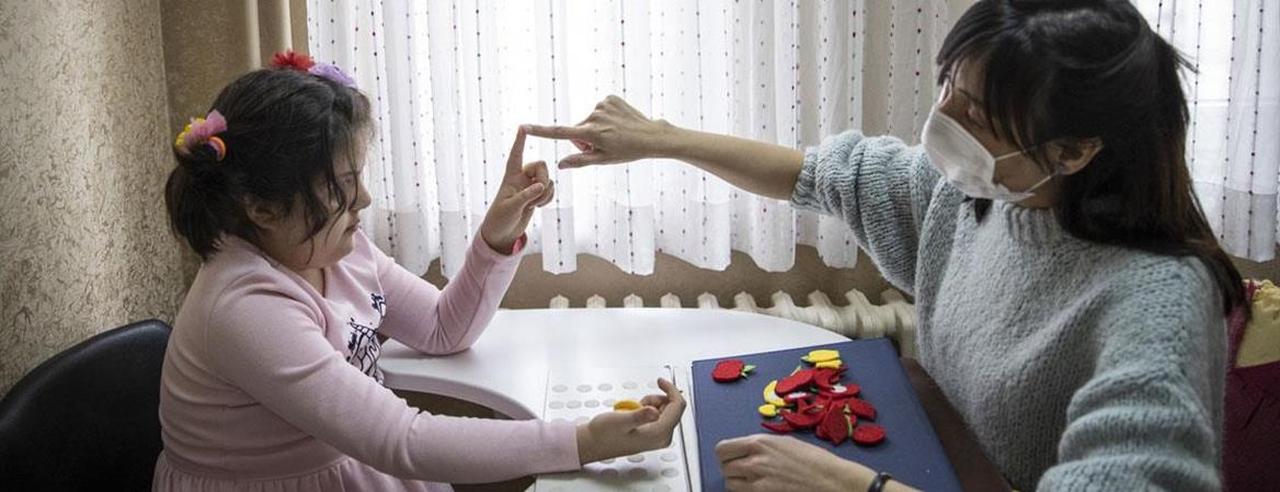
There has been a surprising and quick increase in autism diagnoses in Türkiye. According to the Turkish Ministry of Health, in 2024, there were more than 688,000 cases of autism in the country, and about 1 in every 44 children is now being diagnosed on the spectrum, which is more than three times the rate from 10 years before.
Could we be simply unable to miss autism, so it seems like the numbers are increasing, or is that really true?
There are now many pediatricians and developmental doctors in cities like Istanbul and Ankara who often regularly detect ASD signs in babies. Thanks to the government's awareness efforts and programs that equipped people with medical knowledge in the 2010s, this area is growing.
Increasingly, it is the standard for many schools and pediatric offices to start diagnosing learning issues early.
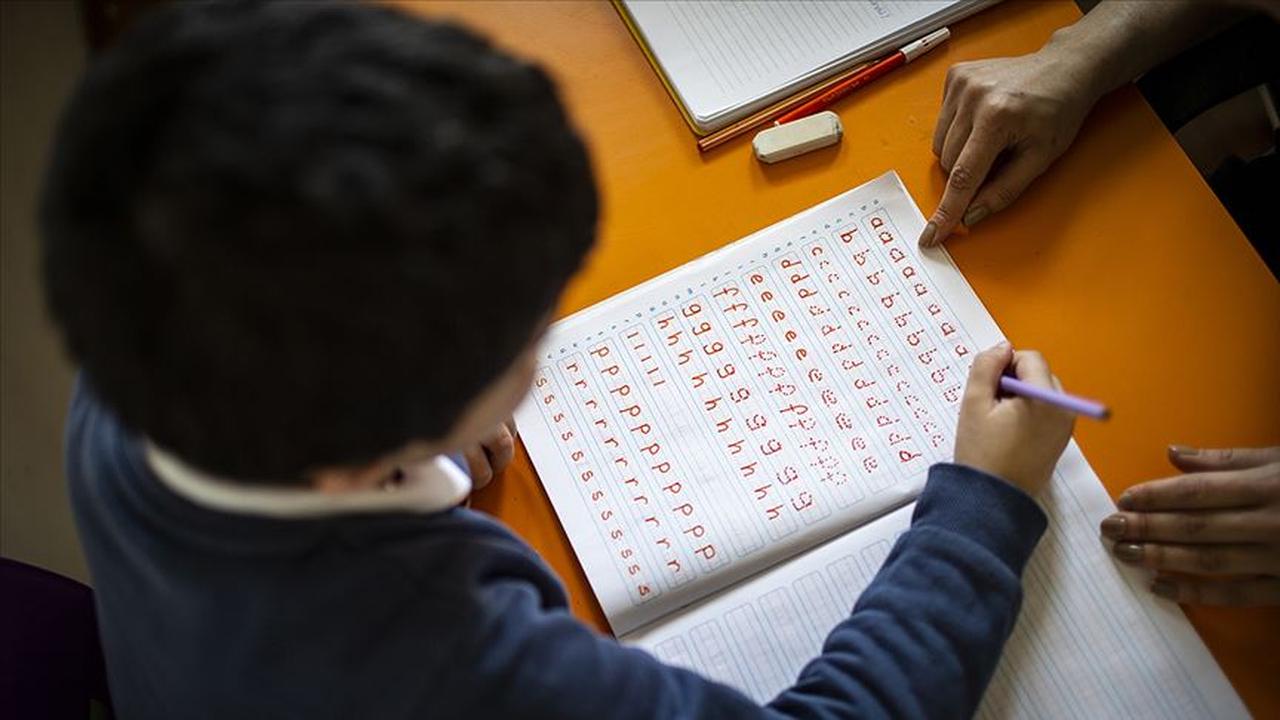
At the same time, experts emphasize that much more is necessary than just advances in medicine. It is being explored whether things such as rising air pollution, metals in the environment, and a stressed mother can be a factor.
A recent study by Istanbul University Medical School noted that being exposed to PM2.5 and industrial toxins before birth may result in trouble with brain development for children.
Genetics is also very important. Research indicates that autism has a strong hereditary component, as siblings of autistic children in Türkiye are more likely to show its traits.
Fatherhood is being reached later these days, and various studies, some mentioned by the Turkish Psychiatric Association, show that being older when you have children increases the chances of your child having ASD.

When professionals try to find the cause, parents must figure out the best way to support their child in a society that is adjusting to differences. In Türkiye, having autism affects both individuals and their families emotionally, financially, and educationally.
While more people are being diagnosed with autism, the support network available to them is still very thin. A lot of public schools have difficulties hiring trained staff for special education. Sometimes, to get therapy in a smaller city, one must wait months or even years before it becomes available.
The situation is especially tough for families. Because behavioral therapy for autism runs about ₺4,000 ($101.83) to ₺6,000 each month, only low-income families supported by the state can afford it. The Social Security Institution (SGK) provides aid from the government, but it is not comprehensive, and applying for aid can be very complicated.
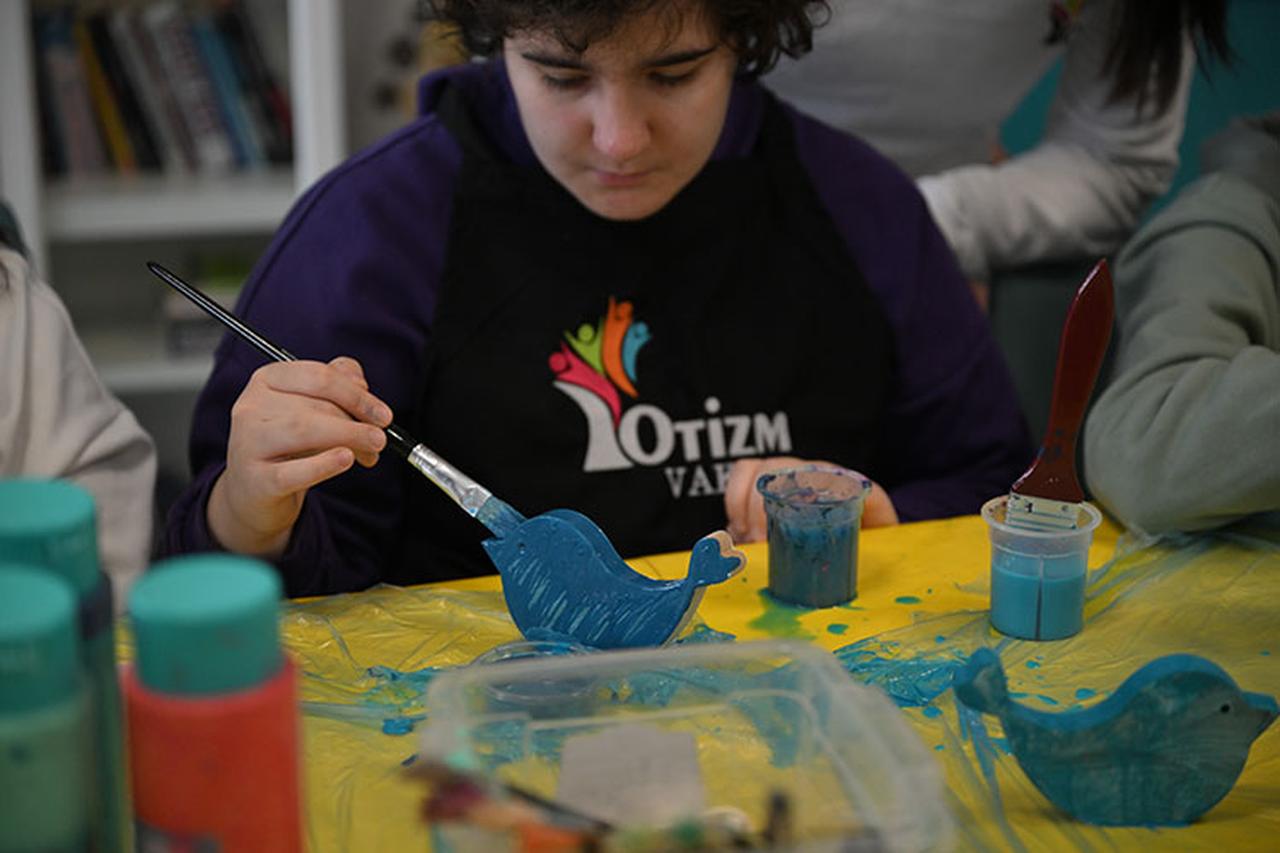
People also encounter complicated emotions in relationships. Suffering from stress, marital difficulties, and social distance is common for parents.
A 2022 study done at Hacettepe University showed that 78% of parents of children with autism have anxiety or depression at clinical levels.
Often, siblings feel that the family fails to notice them, and they are left feeling mixed emotions. Another big part of society is education.
Türkiye has inclusive education policies, yet the way they are followed is not consistent. Most teachers have not received proper training, and bullying is still common for many autistic students.
A recent survey by the Autism Platform of Türkiye revealed that almost two-thirds of autistic children have experienced discrimination or exclusion while at school.
Powerful emotions and troubles do not stop individuals from developing strength. Support for mental health is now being provided by support groups, online networks, and community action opportunities. Parents in these cities are starting their own therapy co-ops together.
Asperger’s youth are using social media to speak out and overcome the negative stereotypes that have existed for a long time.
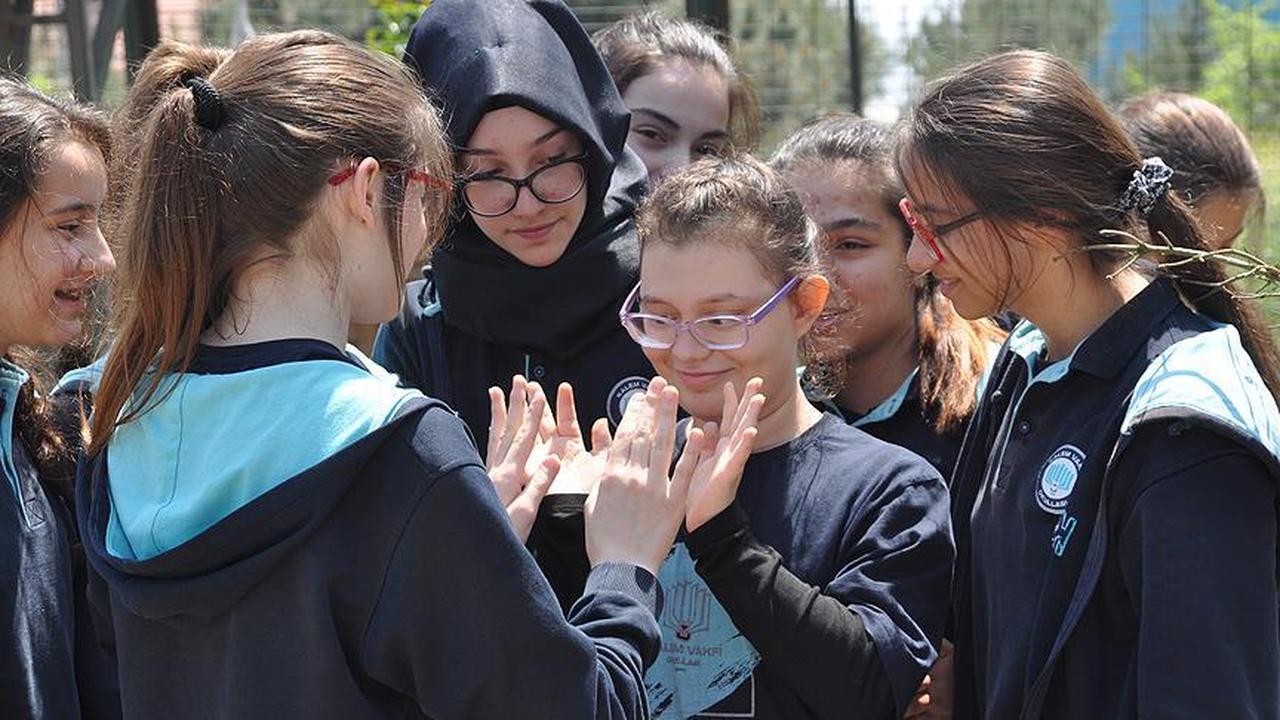
Rising diagnoses require us to consider a major question: how should societies tend to their most vulnerable members? The future for Türkiye should include the addition of science, empathy, and changes in the system.
Policy changes are needed that help ensure everyone has access to medicine and classrooms where everyone belongs.
Programs for training teachers should always require modules on neurodiversity. We should address social stigma towards autism by working together and viewing autistic individuals as an essential element of our country’s diversity.
We should perhaps give some attention when a child is behaving differently in public.
Maybe it isn’t a tantrum but a meltdown. Perhaps the reason that the boy avoids looking at you is that the world is fast, loud, and full of criticism, making things hard for him.
Autism is not a medical problem to cure but a condition that we should learn about. Rather than waiting for the numbers to increase, Türkiye hopes to build a community that welcomes everyone, adjusts to their needs, and listens well.